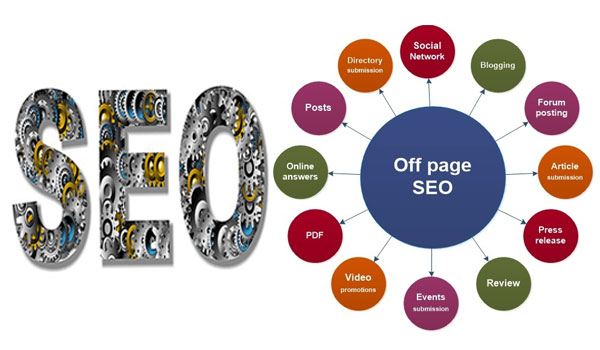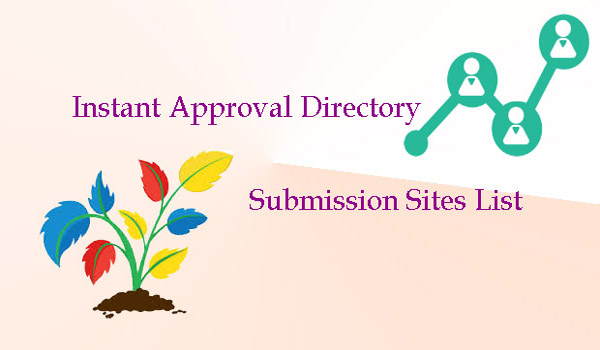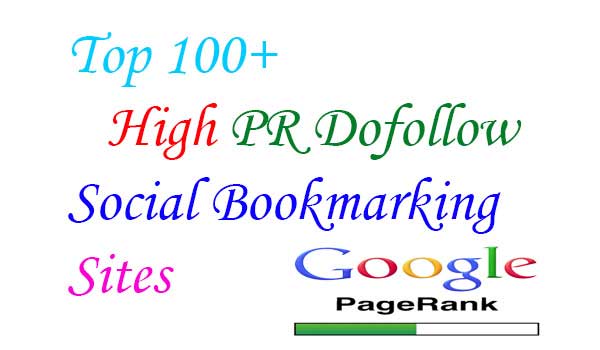Marketing is part of the business process. Most importantly, if you’re introducing a new product into the market, you need to invest sufficiently in your marketing campaigns.
You can use Google Ads to advertise your products on several avenues. It includes online marketing on social media platforms such as Facebook, Twitter, and Instagram, among other platforms. In addition, you can also advertise on YouTube or other websites.
However, running an effective Google Ads campaign needs good knowledge and skill. If you’ve never done it before, it may be time to consider Google Ads Services from managed services companies.
Managed services agencies have a team of experts who have helped many businesses develop their lead generation strategies. You’re guaranteed bespoke services that meet your needs, such as search ads, shopping ads, display ads, and remarketing ads.
To help you run an effective Google Ads campaign, here are some actionable tips for you:
1. Set Your Goals
Before you begin any ad marketing campaign, you should have a well-defined goal in your mind. Your intention shouldn’t be limited to creating brand awareness only. Your aim should include improving the sales of your product.
In addition, you should be aware of the kind of reaction or response that you expect from your target audience. With all these factors well defined in your mind, it’ll help design your ads to provoke the right emotions and reactions.
2. Know Your Target Audience
Your target audience will affect your digital marketing campaigns to a great extent. Which demographic are you targeting with your products? For instance, if your product is meant for people over thirty years old, advertising on Facebook or Twitter will favor your product. As a result, you can attract potential leads to your website.
On the other hand, if your products are geared toward millennials, heavily investing in Twitter or Facebook may not be profitable. Instead, focus your efforts on Instagram and TikTok.
3. Choose Relevant Keywords
Keywords are essential in ensuring your ads are visible online. When deciding on your keywords, you should consider their search volume. High-volume search terms are more likely to rank your ads prominently in search engine results.
For relevant keywords, brainstorm possible words that your customers are likely to use while searching for your products. In addition, you can use a keyword research tool to help find the perfect keyword.
Once you enter a specific word, the tool can suggest related keywords that customers might have searched for. Once you’ve identified the right keywords, use them in writing your ad content. However, avoid using too many keywords in your ads.
4. Remember Mobile Users
In today’s marketing strategies, it’s advisable to be sensitive to your target audience’s use of mobile phones. Consequently, you need to have a customized message that’s mobile-friendly. In addition, include call-to-action (CTA) messages for mobile users to measure your ads’ efficiency.
On the other hand, you can optimize your ads with a mobile landing page to boost conversion rates. Mobile-friendly ads increase the user experience of your potential customers, thus increasing the lead conversion rate.
5. Do A Pilot Campaign
Before you fully invest your finances in your marketing campaigns, you can do a test campaign of the complete process. Begin your test with the keywords you have chosen and your written copy. In addition, test your landing page and the email marketing portion that might be linked to your ad campaigns.
However, perform one test at a time. Repeat the test for any changes that you make, either to your landing page design or the choice of keywords. Avoid making more than one change in a single test because you won’t know which change made the most significant impact.
6. Use Google’s Remarketing Feature
The remarketing option powered by Google can boost your marketing campaigns. What you need to do is configure your campaign in Google Analytics. The embedded Smart Lists take advantage of Google’s big data for tracking your visitors during ad campaigns. In addition, it can identify leads that are most likely to convert.
Once this information has been gathered, it’s sent to your ads by Google for remarketing. Remarketing is an excellent tool, though many digital marketers may overlook its impact on their ad marketing campaigns.
Final Thoughts
Marketing efforts require good planning, both financially and strategically. If you’re using paid ads, you don’t take chances when your business finances are involved.
As a result, this article outlines proven and tested strategies that can help you perform a highly successful Google ad campaign. On top of that, you can get more information by researching online.
































